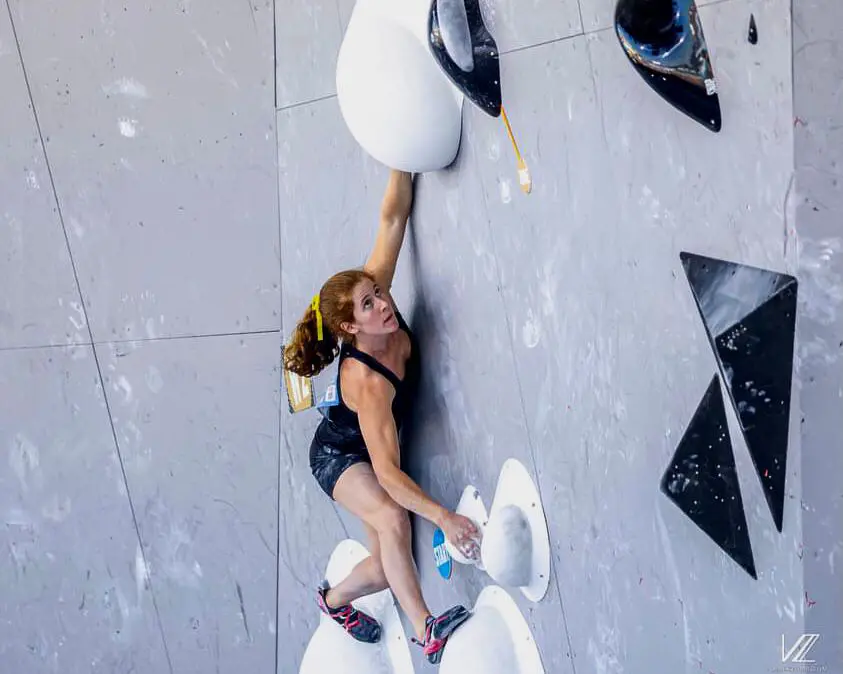מאי בטכניון
הטכניון מזמין אתכם להצטרף לחודש של תרבות, הרצאות, סיורים, הופעות חיות, מדע וקהילה

מאיה הוכרמן-דרימר, סטודנטית בפקולטה למדעי המחשב ע"ש טאוב, היא אחת המטפסות הספורטיביות הטובות בישראל. בקיץ הקרוב היא תחלק את זמנה בין מבחנים, גביע העולם ואליפות העולם

הטכניון זכה במגן שר הבטחון לשנת 2025 בסימן הוקרה לתומכים במילואים

חוקרים בטכניון פיתחו טכנולוגיה המספקת פענוח מדויק של בדיקות אק"ג ומנגישה אותו לצוות הרפואי


מוסיקה, מדע והשראה - הסוד מאחורי השראה: מדענים ואמנים בשיחה פתוחה
07.05.2025 רביעי, בשעה 15:00
הוספה ליומן

יום המחקר השנתי של הפקולטה להנדסת אוירונוטיקה וחלל
07.05.2025 רביעי, בשעה 12:30
הוספה ליומן

יום פתוח לתארים מתקדמים בפקולטה למדע והנדסה של חומרים
07.05.2025 רביעי, בשעה 18:30
הוספה ליומן

יריד התעסוקה הטכנולוגי בטכניון
13.05.2025 שלישי, בשעה 10:00
הוספה ליומן

אירוע היזמות השנתי של t:hub טכניון
13.05.2025 שלישי, בשעה 09:00
הוספה ליומן

פסטיבל הסטודנט המשותף בטכניון
21.05.2025 רביעי, בשעה 20:00
הוספה ליומן
100000
בוגרים
18
פקולטות
15000
סטודנטים
60
מרכזי מחקר
ברחבי הקמפוס